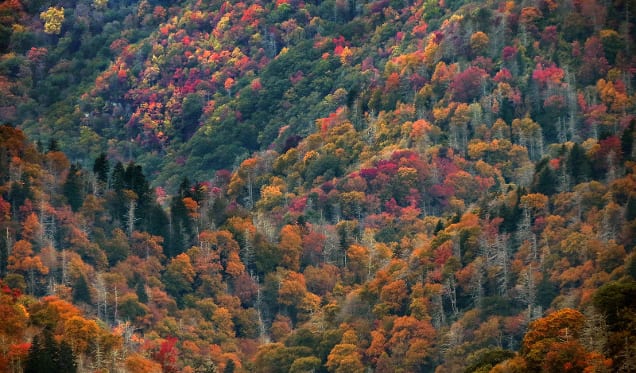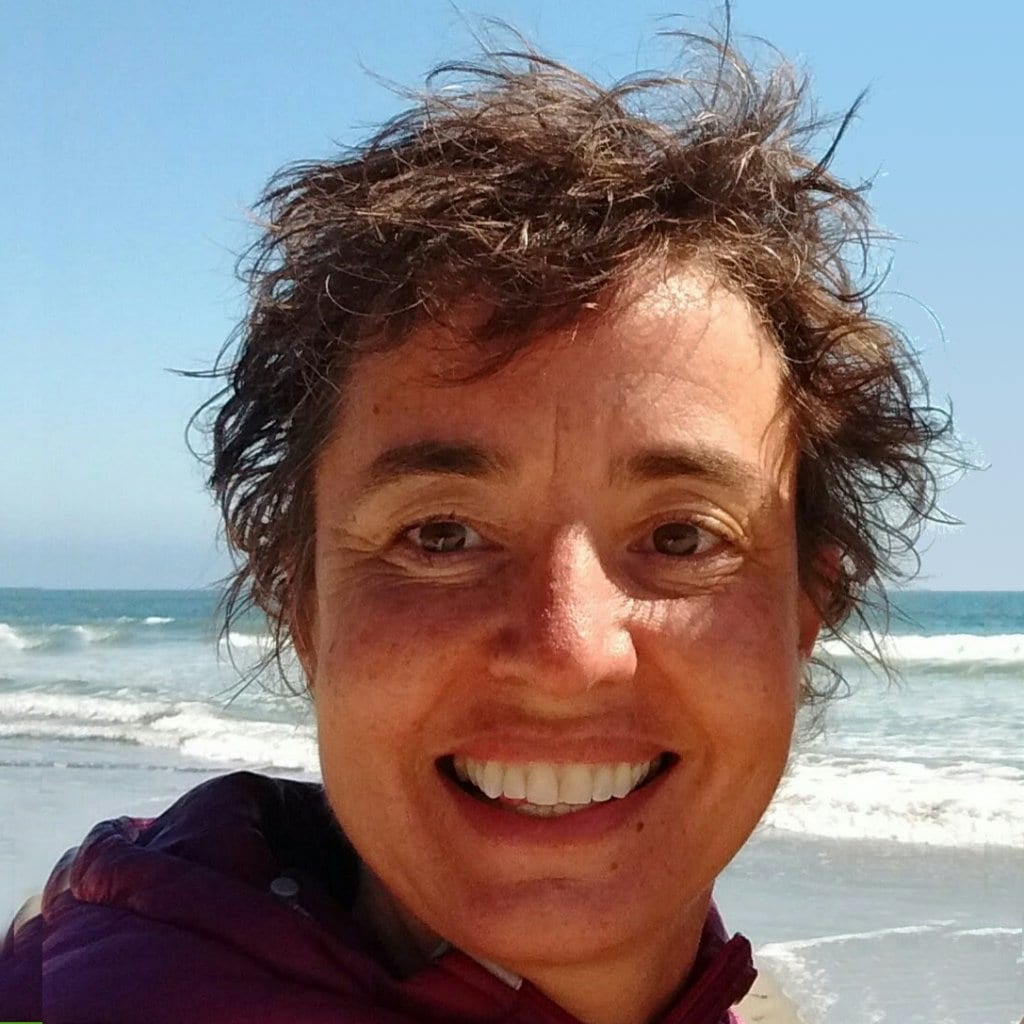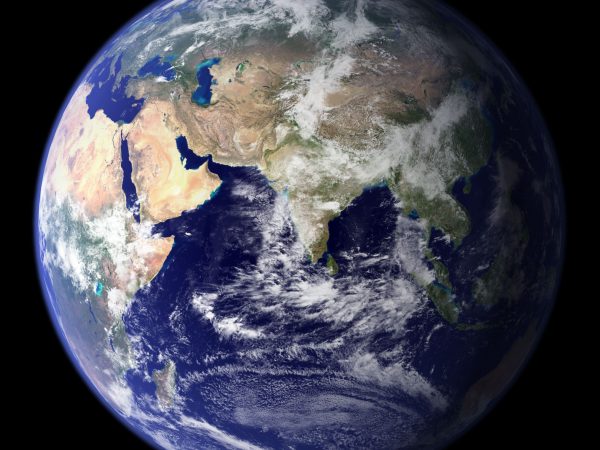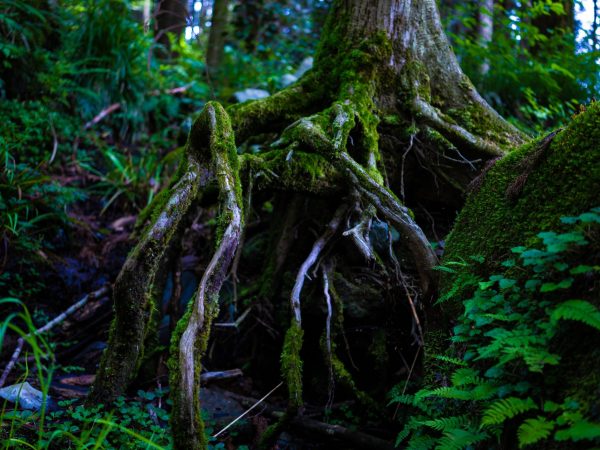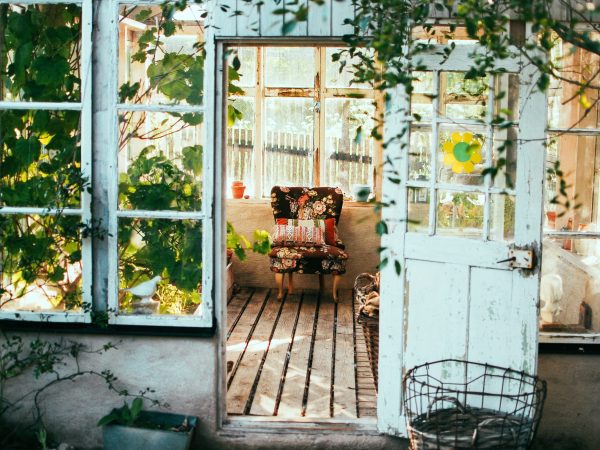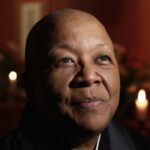While One Earth Sangha focuses attention on our individual and collective interdependence with and harm to the non-human world, Buddhist teachings give us the tools, the opportunity and the responsibility to understand all manifestations of interdependence, conscious and unconscious harm. That which the mind objectifies even subtly, it then feels entitled to use, even exploit. We can make “other” of mountain tops in order to strip them bare, violently ignoring our kinship in service to greed. Not just our greed and delusions but our fears and aversions are replicated, systematized and made operational in the structures of our society. The events in Ferguson, Missouri remind us that aversion and delusion do take form in our institutions, take form in systemic racial bias. As Dharma teacher Ruth King says, “the heart divides against itself.” (Ruth joined us in our first conversation on Mindfulness and Climate Action.)
We might disagree or be confused by the details of these racially-charged events. Watching our minds’ response to them is itself important practice. Yet Rev. angel Kyodo williams, featured in our second conversation on Mindfulness and Climate Action, calls us to move further, beyond the particulars, to see patterns, patterns of racial constructs which many of us have been conditioned to ignore:
once you recognize that there is something else operating that is beyond your ordinary sight, don’t bother with the content. watch the pattern. The content is a distraction from you being able to see the vastness of the construct because if you could see it, it would begin to fail. PAY ATTENTION. this isn’t about ONE INCIDENT. it is about the overwhelming pattern that forms the fabric of our lives here in America and cloaks our individual and collective humanity. we have failed ourselves. don’t get caught in the trap of the sifting through the fascinating sparkly details when the whole thing is a failure. divest your interest in this failure so that you can begin to develop Right View so you can even begin to see the forest rather than holding on for dear life to a tree. the simple answer: race is rarely all of the story and ALWAYS some of the story in America.
You can read more of Rev. angel’s words here.
Our own frustration with others’ distortions and denial about climate change gives us a window into the ego’s ability to keep disturbing information from challenging a tightly-held view. Can we make part of our practice, on and off the cushion, to work skillfully with our own inevitable and sometimes subtle attachments to view? Especially for those of us who hold the white-normative position in dominant Western cultures, this is wise effort, demanding great courage and humility … and offering deep healing.
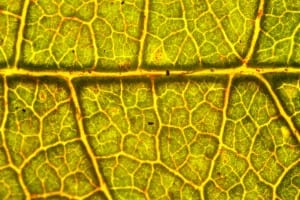
My own growing recognition of the strange and subtle patterns of white superiority, in my culture and in my own mind, has been painful. Of course, this is an ongoing process for I am repeatedly entangled in the web of white-as-normative. Cultural support for my mind’s distortions are plentiful. Yet if I’m attuned, curious, there is the sense of insight. “Ooooh myyy. There it is! I am / we are doing that, that thing!” The terrible pattern is revealed. It is critical that I treat these vulnerable moments with great tenderness (without coddling or wavering) and sincere compassion: this is conditioning. Aversion and judgment stand in the way of transformation. Yet I have found that, just as promised, if I can turn towards the suffering of racism, against my ego’s self-protecting tendencies, I do experience pain … yet come to suffer less. Some resistance is released. I may be bewildered and disoriented but strangely more whole. From this place there seems the potential to be, with time and practice, more honest, courageous and perhaps truly useful to the causes that move me. I can occupy my own location of privilege with more honesty and less to defend.
We might like to think otherwise, given our sincere intentions, but our Western Buddhist sanghas are not immune from these patterns and may be especially vulnerable given our sense of nobility. In an interview with Rev. Danny Fischer, Rev angel reminds us that to take refuge in Sangha means practicing Sangha, naming issues of racial, gender, ability and cultural bias, working our way through to clear-seeing in relationship with one another. Her Mandala Project, created with Lama Rod Owen, is focused on just this kind of sangha building. As uncomfortable, as painful, as disconcerting, as overwhelming as it may be, we have the opportunity to respond individually and collectively, supporting one another in seeing through delusion and making a new way. This practice is integral to the path to true sangha, true peace and true sustainability.
We at One Earth Sangha are inspired by, grateful for and proud to support the work of Rev angel, Rev Danny, Ruth King, the Buddhist Peace Fellowship and others around the world who encourage us to purify our View and practice true non-harming.
